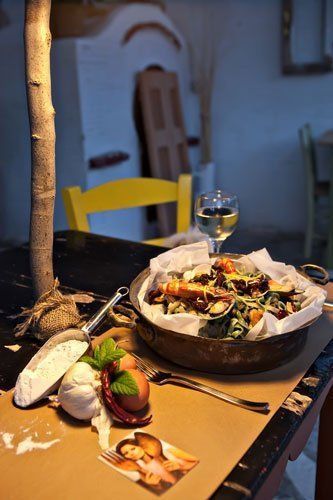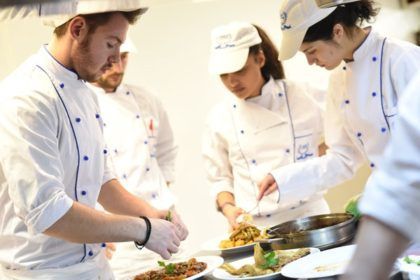
PRECONDITIONS FOR ITS DEVELOPMENT
Defining the term gastronomic tourism we mean the new form of an alternative way of having a holiday, where the local cuisine culture plays the leading part. Gastronomy is a significantly profitable tourist product for Greece. It has a wide range of raw ingredients available and an inexhaustible wealth of traditional recipes.
Despite the unquestionable nutritional value of the local cuisine, unfortunately very few tourist units have emerged taste to a dominant element of the packets on offer.
According to the World Tourism Organization data. 44% of travelers around the globe consider food as one of the leading criteria regarding their destination.
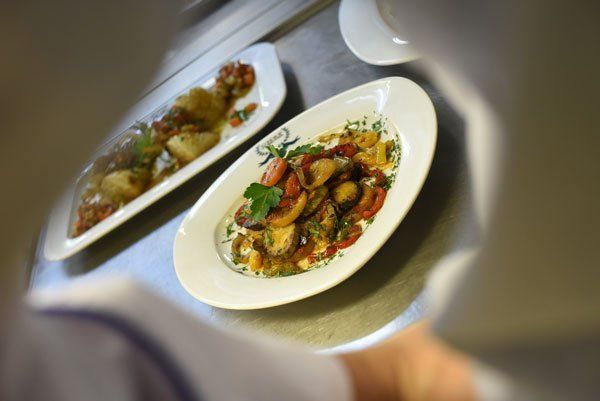
Gastronomic tourism in our country is still in a fetus state and unfortunately it has not developed to a degree that it would stand among the most attractive and competitive destinations, such as neigbouring Italy or Spain and France.
Although the Mediterranean diet is a trend and a model of modern healthy nutrition, us Greeks have not managed to make Greece the cradle of this particular way of eating. We have not exploited it as a treasure concerning the development of the country’s tourist product.
In times of globalization, we must posit the internationalization of local cuisine and widespread that the predominant element of gastronomic tourism is its national identity and the locality of flavours.
Provided that all actions are well coordinated, Greece can become the metropolis of Mediterranean diet. For this to happen there must be serious efforts and awareness of the necessity to create new eating models. Right from the bottom to the top of the Greek tourist industry.
The problem ahead of us is not to convince the tourist-consumer to visit our country in order to meet the local traditional cuisine. Most of them have heard of the Greek products and the gastronomic wealth of our country. Also at a certain moment in their lives they have tasted our special dishes in Greek restaurants home and away.
The most important question to answer is this. What do you tell the knowledgeable visitor, who comes from the other end of the world only to taste the traditional Greek bites made of pure ingredients, when he is served cold pre-fried chips?
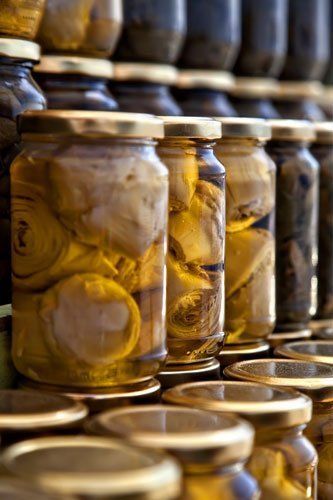
To complete the jigsaw of the ugly image, there are some tourist units of low esteem that employ untrained staff offering poor service, while the condition of hygiene areas in most seasonal stores is bad…
The sooner the business people and the state realize that there is no better ambassador than gastronomy, regarding tourism and culture, the sooner the development of the Greek tourist product will come. This will eventually make huge profits for the national economy.
The creation of new models of eating out based upon the local traditional Mediterranean cuisine calls for a change of mentality on the part of restaurant owners and staff training.
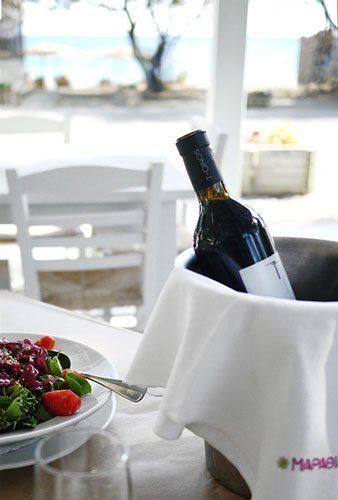
The training of owners and staff is not costly. On the contrary, it can create increasingly adding value in services. This will have a positive impact on the customers’ satisfaction. The training, as a basic prerequisite for the development of gastronomic tourism, can for example take place in the following sectors and refers to:
THE EMPLOYERS
Selection of trained restaurant staff
- Use of the Internet with the business site in two languages and all the basic information and function data.
- Emphasis on the menu and the presentation of the business mentality regarding eating.
- Effective management of raw ingredients, costs, technical sales, marketing.
- Formation of autonomous personality for proper image making and for better recognition against competition.
- Proper contact skills with customers through the menu card which is supposed to be a basic tool for sales.
- Drawing of the menu card in a way that the staff can coax customers to the sales we wish.
- Contact with the new trends and technologies in cooking and gastronomy.
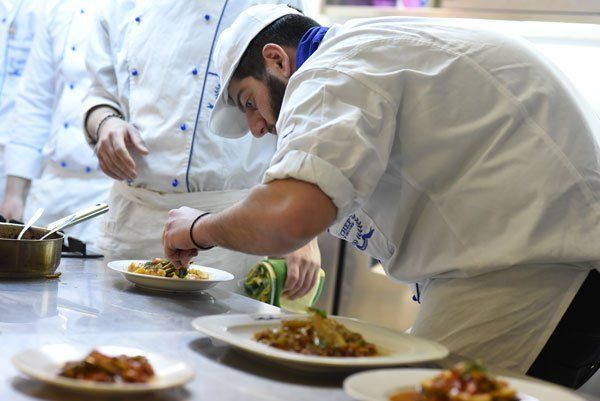
KITCHEN STAFF
- Knowledge and appliance of the Mediterranean model of diet inside the professional kitchen.
- Proper professional attitude towards handling, preparation and making of viands.
- Presentation of viands with a view to their aesthetic upgrading.
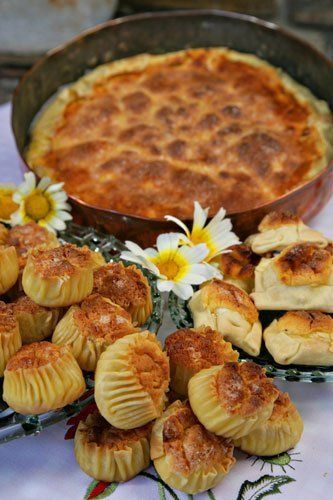
HALL STAFF
- Proper appearance and personal hygiene.
- Welcome manners, service and contact with the customer.
- Knowledge of traditional ingredients, promotion of local dishes, proper introduction of proposals.
- Oenology awareness and proposals for combinations of dish flavours with wines.
- Proper serving procedures.
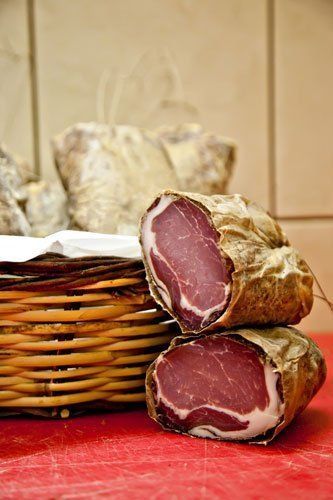
THE STATE, THE LOCAL AUTHORITIES AND THE WALLAH LOCAL BODIES OR ASSOCIATIONS
- Notifying business people about special updating and reeducation programmes
- Holding local gastronomy festivals for the promotion of traditional recipes and products.
- Supporting little local producers and wine producers so that they stop being displaced by large multinational food and drink companies.
- Rewarding on the part of local bodies for the competency of restaurants and tourist units with good food.
- Issuing and distributing free local guides with gastronomic tips.
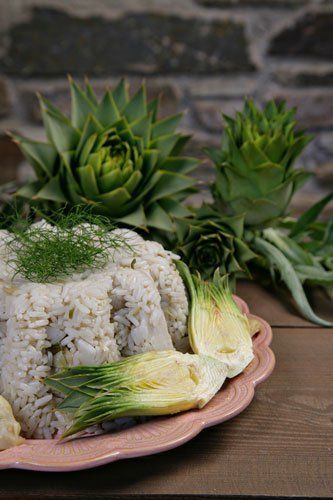
Of course training refers to eating- out venues in general. For everything to work out in the best possible way there must be the necessary building infrastructure, access, facilities and equipment. All of them contribute to the creation of the image of the business through which we wish to approach our potential customer.
Let us all focus on its promotion and development in proper ways and through properly trained people, aiming high at the emergence of Greece as a worldwide model of gastronomic tourist destination!
“ STUDY & PROPOSALS BY CHEF D’ OEUVRE FOR THE DEVELOPMENT OF GASTRONOMIC TOURISM IN GREECE WITH TINOS ISLAND AS AN APPLICATION MODEL”.
More about the article you will find in the electronic issue tinos-about.gr.
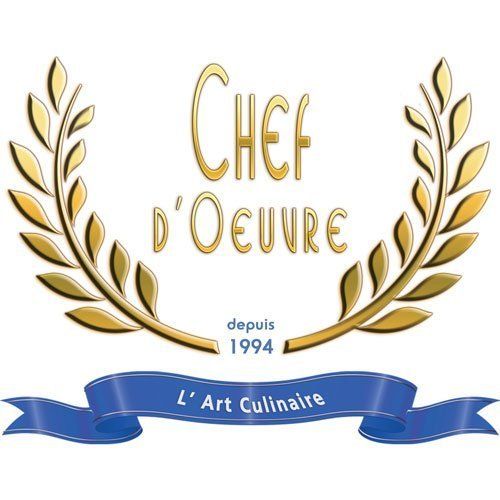
photo: TO FOTOGRAFIO
CRYSA PARASKEVA


 Ελληνικά
Ελληνικά 